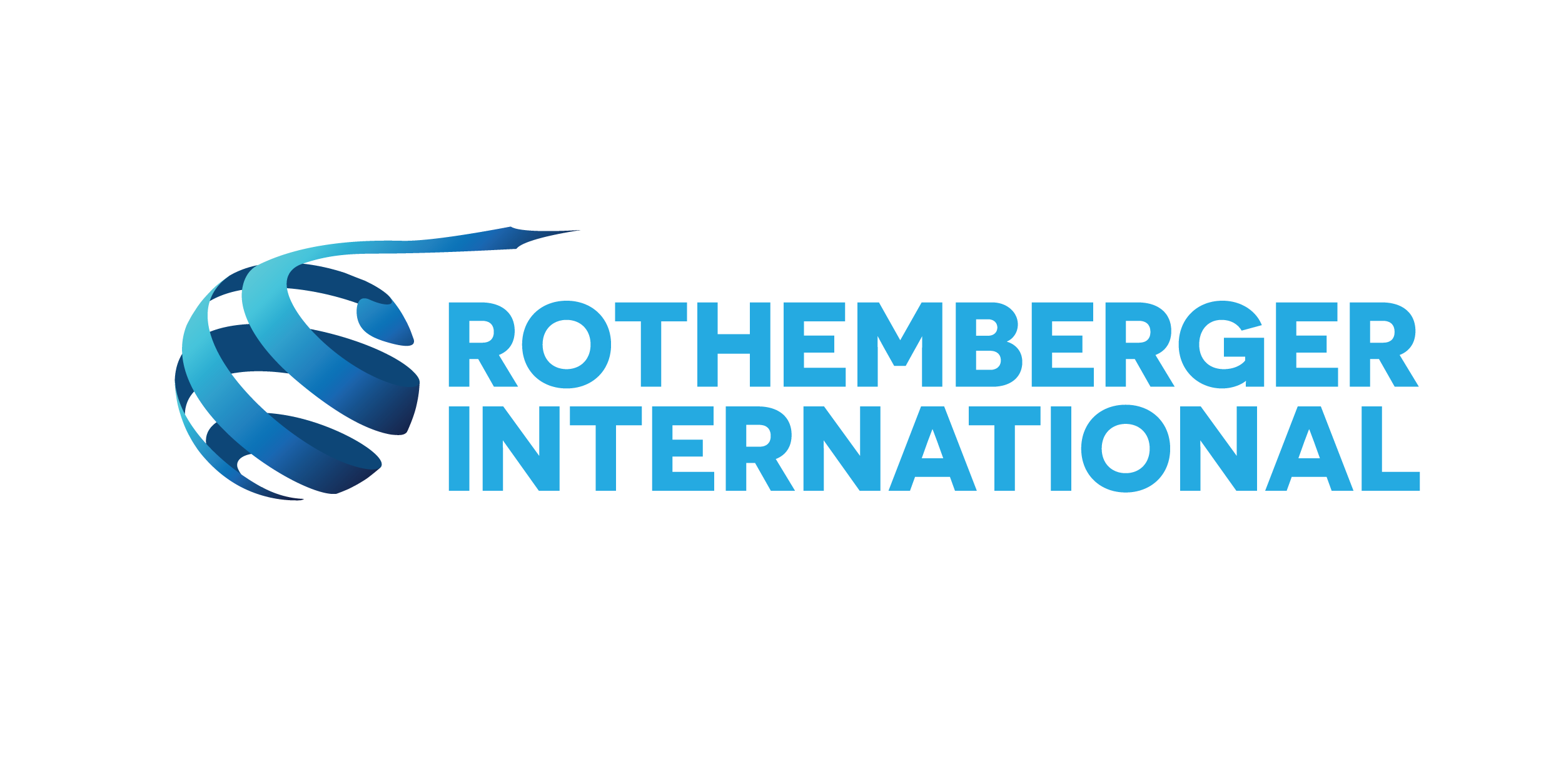
History about International Trading
The history of International trade was greatly influenced by significant events within each era. The better system was replaced by Mercantilism in the 16th and 17th centuries. The philosophy was to encourage exports, discourage imports, and take the proceeds of the resulting export surplus in gold. Mercantilists took the virtues of gold almost as an article of faith, unfortunately they never sought to explain adequately why the pursuit of gold deserved such a high priority in their economic plans.
In the 18th century there was a shift towards trade liberalization. Trade liberalization removes or reduces barriers to trade among countries, such as tariffs and quotas. It can benefit stronger economies but put weaker ones at a greater disadvantage. Trade liberalization can impact certain businesses within a nation negatively because of greater competition from foreign producers and may result in less local support for those industries. There may also be a financial and social risk if products or raw materials come from countries with lower environmental standards.
The First World War in 1914 changed the entire course of the world trade and countries built walls around themselves with wartime controls. Attempts were made to dismantle the wartime measures 5 years post war however the economic recession in 1920 changed the balance of world trade again and many countries saw change of fortunes due to fluctuation of their currencies and depreciation creating economic pressures on various Governments to adopt protective mechanisms by adopting to raise customs duties and tariffs.
In 1927 the World Economic Conference was organized by League of Nations with the focus to reduce pressures of economic conditions an ease international trade between countries
this led to drawing up of Multilateral Trade Agreement which was later followed with General Agreement of Tariffs and Trade (GATT) in 1947.
In the modern context all countries agree to be guided by the international organizations and trade agreements in terms of international trade. They realize that economic growth and stability depend on a strategic mix of trade policies and review their international trade policies on a continuous basis.
References
https://www.investopedia.com/articles/investing/011916/brief-history-international-trade-agreements.asp
https://www.britannica.com/topic/international-trade
https://www.managementstudyguide.com/history-of-international-trade.htm
Trade Liberalization Definition (investopedia.com)
Copyright © 2023 Rothemberger International (Pty) Ltd | FreePik content | The Use of this site is subject to demonstrate terms of use Globally.



